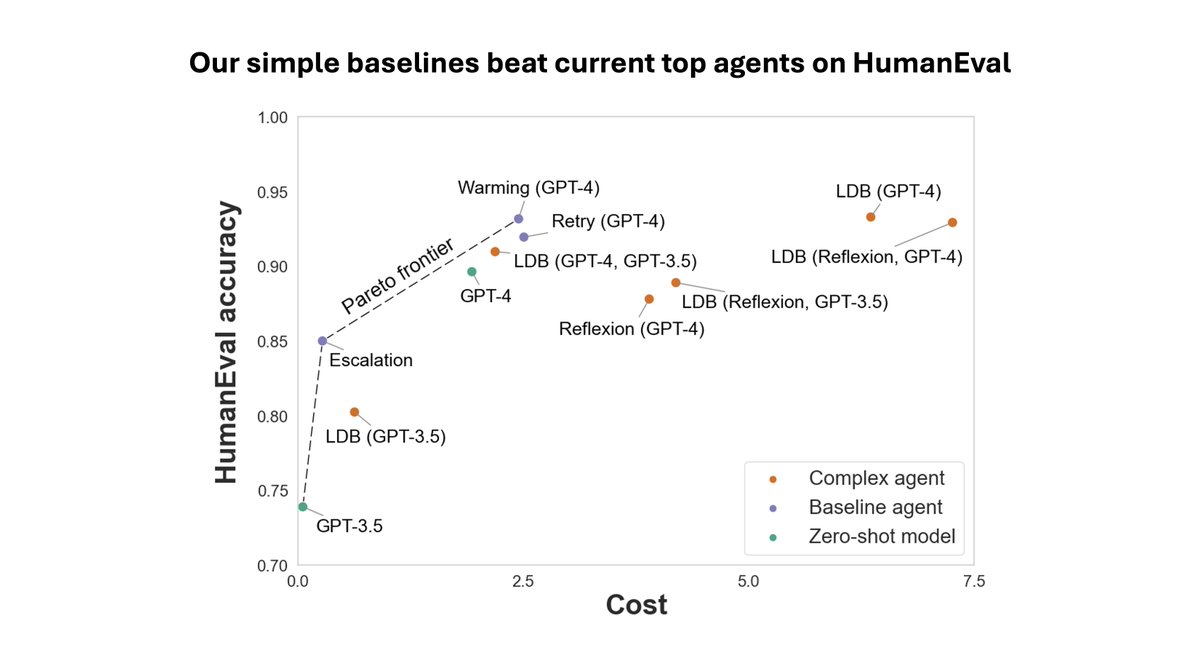By the same token, it should be a sobering moment for computer science academia. With few exceptions, work that tries to bring accountability to big tech companies is relegated to the fringes of our discipline. CS these days cozies up to power far more than speaking truth to it.
https://twitter.com/random_walker/status/1288620061423546368
There's a lot of concern today about industry funding of specific researchers. That's important, but a 100x deeper problem is that the tech industry warps CS academia's concept of what is even considered a legitimate research topic. This influence is both pervasive and invisible.
Most of the industry influence happens without any money changing hands. Academia's dependence on industry data is one way. Another is that most grad students go on to industry jobs and naturally prefer to work on topics that increase their employability.
https://twitter.com/syardi/status/1288793504672550912
Here's my favorite example of the warped landscape of CS research. There is a subfield called "security and privacy". This makes some sense technically, but politically it is an absurd juxtaposition and suffocates effective privacy research. Here's why.
If you'll pardon the generalization, security research aims to fix industry's problems; privacy research aims to speak truth to power. Security has higher status for obvious reasons. Privacy papers face the hurdle of being seen as legitimate research by security-minded reviewers.
My lived experience is countless reviews along the lines of "how is this research?", "this is not novel", "the results are not significant enough for publication", and, in one extreme case, "this paper should be rejected because the conference will be sued if it is accepted".
• • •
Missing some Tweet in this thread? You can try to
force a refresh










